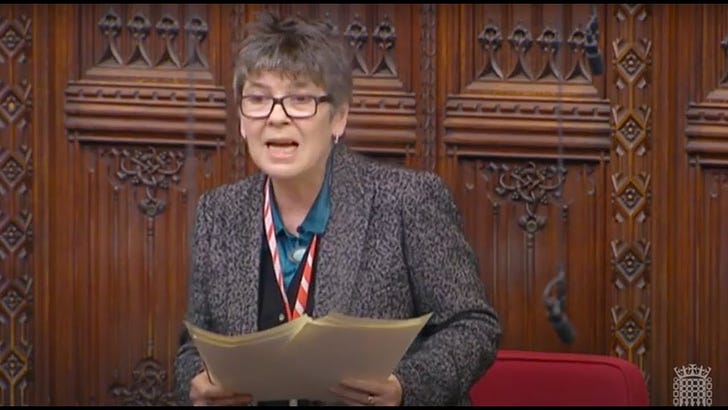Recording of a debate at the Battle of Ideas Festival 2018.
According to the 2017 Ipsos MORI Veracity Index, nurses and doctors are the most-trusted people in the UK. But in certain contexts, this trust seems to evaporate. Take the ever-present anti-vaccination (or ‘anti-vax’) movement, the popular reaction when medical professionals decide it is no longer right to try to keep very sick children alive or instances of apparent malpractice have also raised serious public concerns. In these cases, doctors are regarded with suspicion rather than trust. What role does something like ‘fake news’ play in polarising these debates? Given the overwhelming scientific consensus about the merits of vaccines, is the ‘anti-vax’ movement simply anti-science, or even anti-intellectual? Or is it healthy to have more sceptical intellectual currents to hold the scientific establishment to account? And when it comes to controversial end-of-life decisions, are they simply about emotion versus reason, or are there important points of principle that need to be considered and debated between doctor, patient, and family?
RICHARD CLARKE PhD candidate, health psychology, London School of Hygiene and Tropical Medicine
DR MICHAEL FITZPATRICK General practitioner; writer on medicine and politics; author, MMR and Autism: what parents need to know and The Tyranny of Health
DR CLARE GERADA Medical director, NHS Practitioner Health Programme; former chair, Royal College of General Practitioners
DR KEVIN YUILL Senior lecturer in American history, University of Sunderland; author, Assisted Suicide: the liberal, humanist case against legalization and The Second Amendment and Gun Control: freedom, fear, and the American constitution
CHAIR: MAX SANDERSON Audio producer, Guardian











